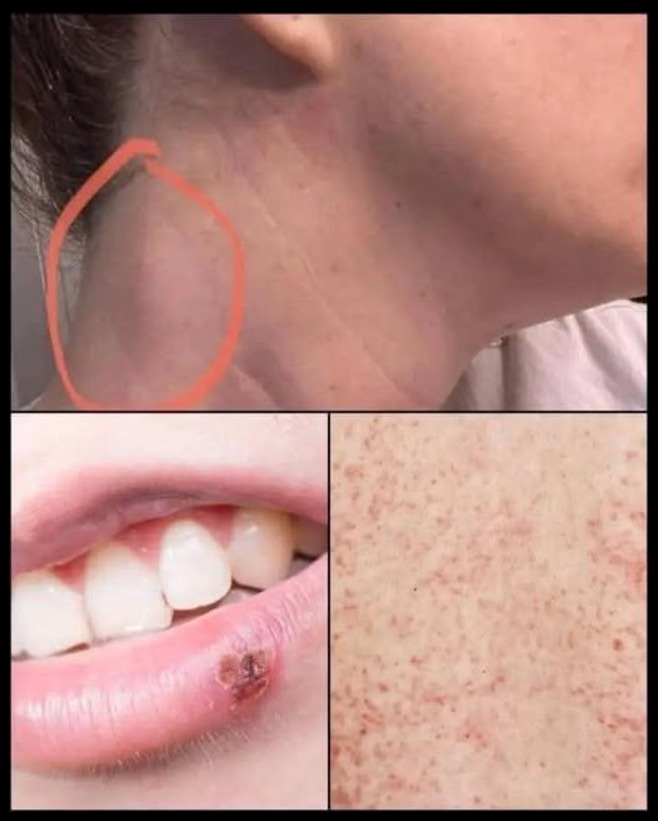Mouth and Oral Cancer Specialist Doctor in Delhi – Mouth cancer is a type of cancer of the throat and head and is often treated as such. Mouth cancer mostly occurs after the age of 40, and men are more prone to it than women. A total of 77,003 new cases of mouth cancer have been registered in India this year, and 52,067 people have died.
Oral cancer is often detected when it has already spread to the lymph nodes in the neck, but if detected early, the risk of death is much lower. The different types of mouth cancer include lip cancer, tongue cancer, inner cheek cancer, gum cancer, and cancer of the lower part of the mouth. It is advised to see a dentist as soon as any symptoms appear, and according to experts, one should get their mouth examined by a doctor at least twice a year.
Let’s learn about its symptoms, causes, stages, and treatments. You can consult with Mouth Cancer Specialist Dr. Sajjan Rajpurohit. In the early stages, mouth cancer often goes unnoticed as it may not show clear symptoms. However, individuals who smoke or drink regularly should make it a priority to have their mouth checked routinely. The main symptoms of oral cancer include a non-healing blister on the lips or mouth, enlargement or swelling in the mouth, bleeding, loose teeth, difficulty swallowing or mouth pain, a sudden lump in the neck, earache, unexplained weight loss, numbness in the lips, face, neck, or chin, red or white patches on the lips or mouth, throat pain, dry mouth, jaw stiffness or pain, and tongue pain.
While these symptoms do not confirm mouth cancer, they should not be ignored—especially if multiple symptoms occur or persist despite treatment. Early diagnosis and medical consultation are critical. The main causes of mouth cancer are smoking (cigarettes, cigars, pipes), tobacco use in any form, and heavy alcohol consumption. The stages of mouth cancer are as follows: Stage 1 – The tumor is under 1 inch in size and has not reached the lymph nodes; Stage 2 – The tumor is between 1 and 2 inches and has still not spread to lymph nodes; Stage 3 – The tumor is more than 2 inches or is smaller but has spread to nearby lymph nodes; Stage 4 – Cancer has spread extensively to surrounding tissues, lips, lymph nodes, or distant organs.
The stage determines treatment options and the likelihood of a cure. Treatments include surgery, where the tumor is surgically removed and the affected area is reconstructed using pedicle or free flap methods. Radiation therapy uses technology such as External Beam Radiation Therapy (EBRT) or brachytherapy to target cancer cells. Chemotherapy involves using anticancer drugs, often combined with radiation, to destroy cancer cells at multiple stages. Targeted drug therapy focuses directly on cancer cells, blocking their growth and eliminating them, often in combination with chemotherapy or radiation. Key facts about mouth cancer include: 80% of cases are linked to tobacco use; the average age of diagnosis is 50; men are more affected than women, and risk increases with age. If symptoms are detected and treated early, the survival rate is around 82%; if diagnosed late, the survival rate drops to about 27%. In conclusion, any signs of mouth cancer should be addressed immediately. Unfortunately, many people in India neglect oral health, which leads to avoidable diseases. Regular dental visits and oral hygiene are essential for prevention and early detection.
